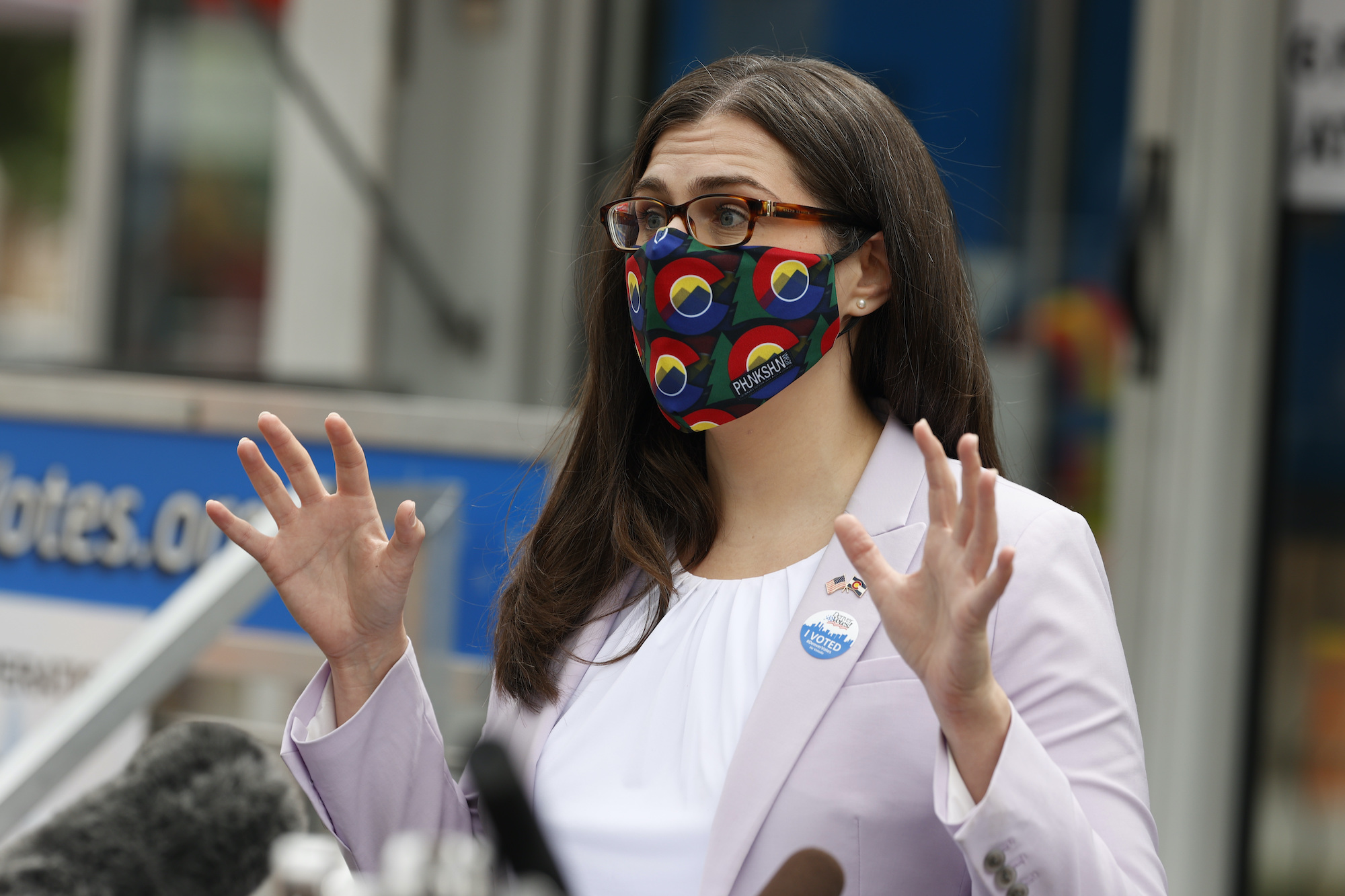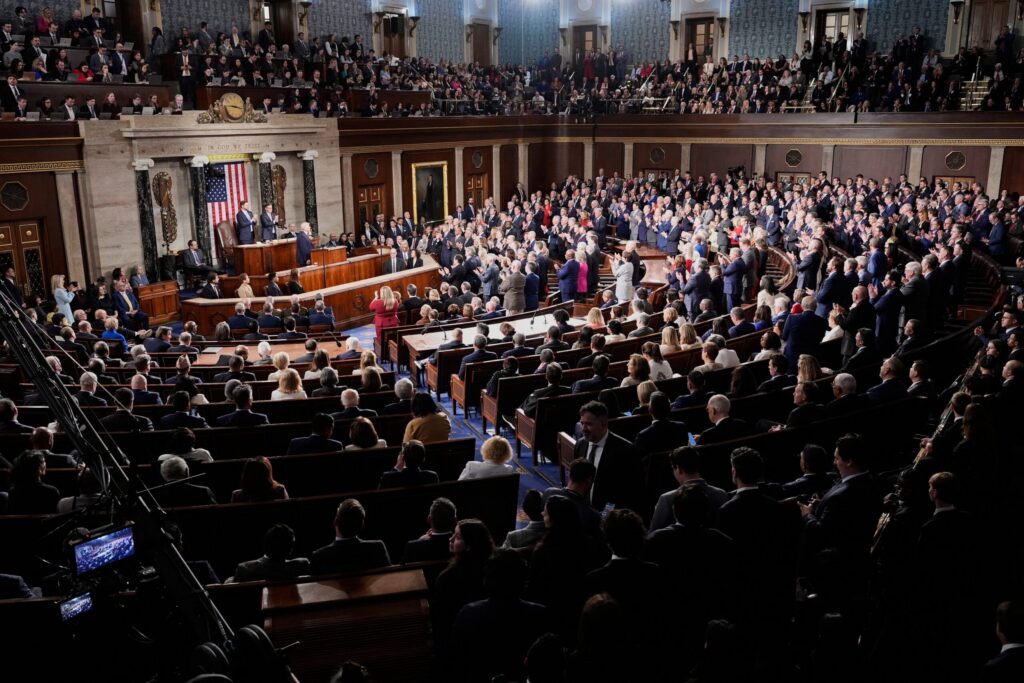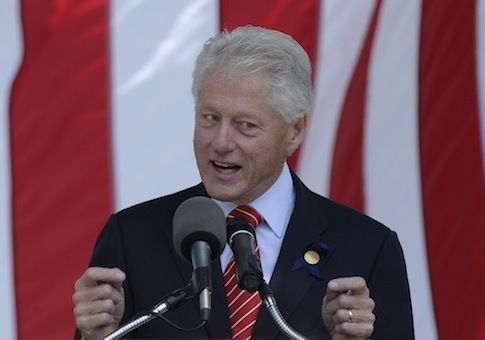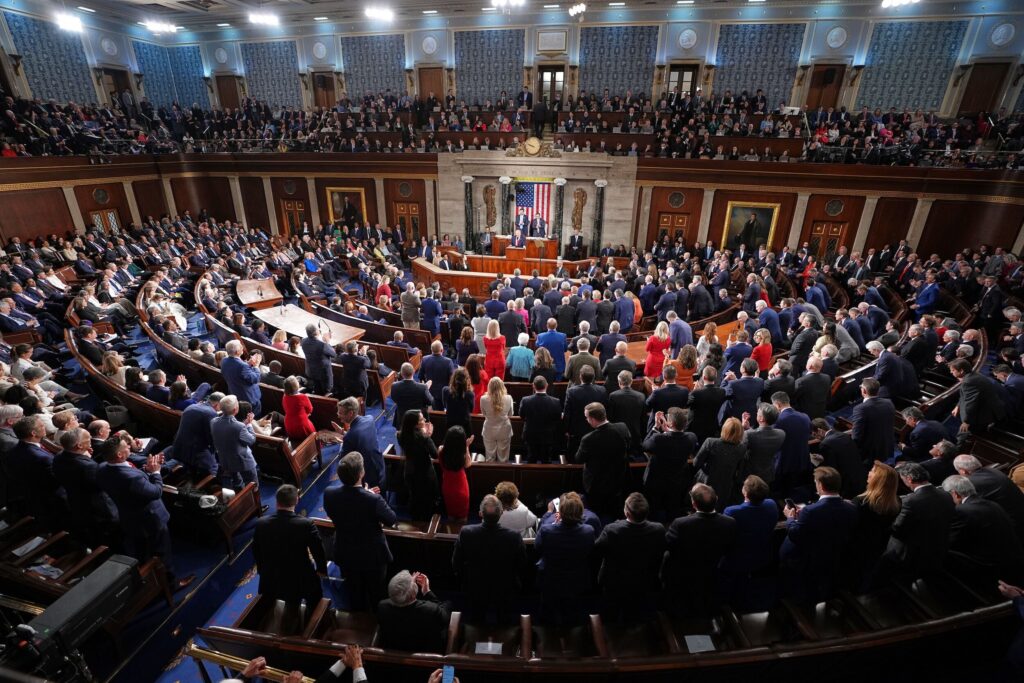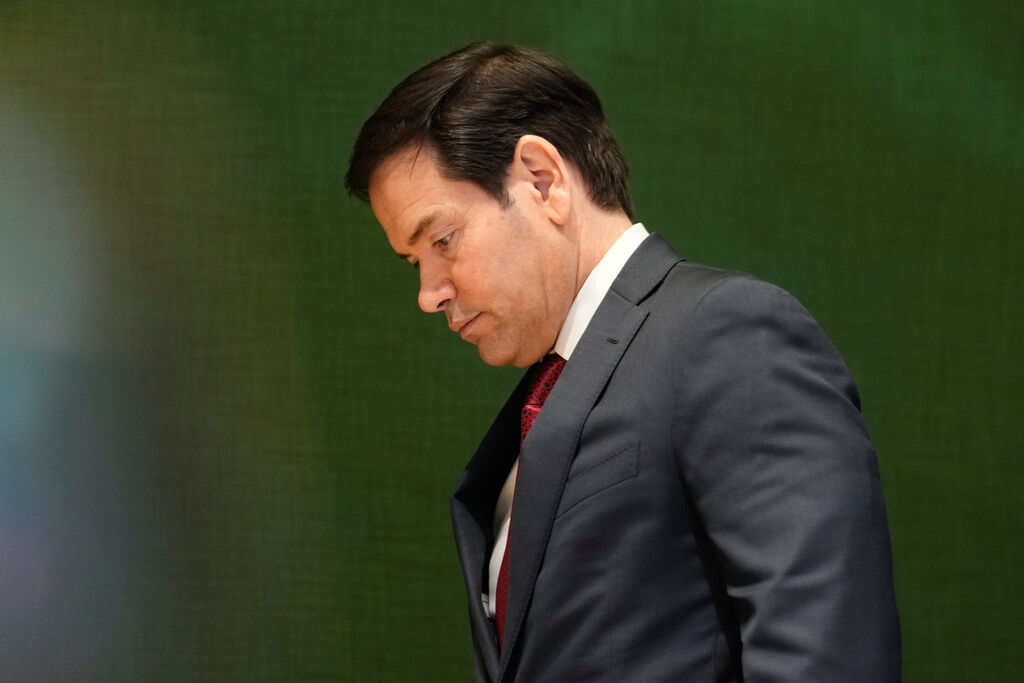Budget package includes $32,000 for Griswold to hire private security
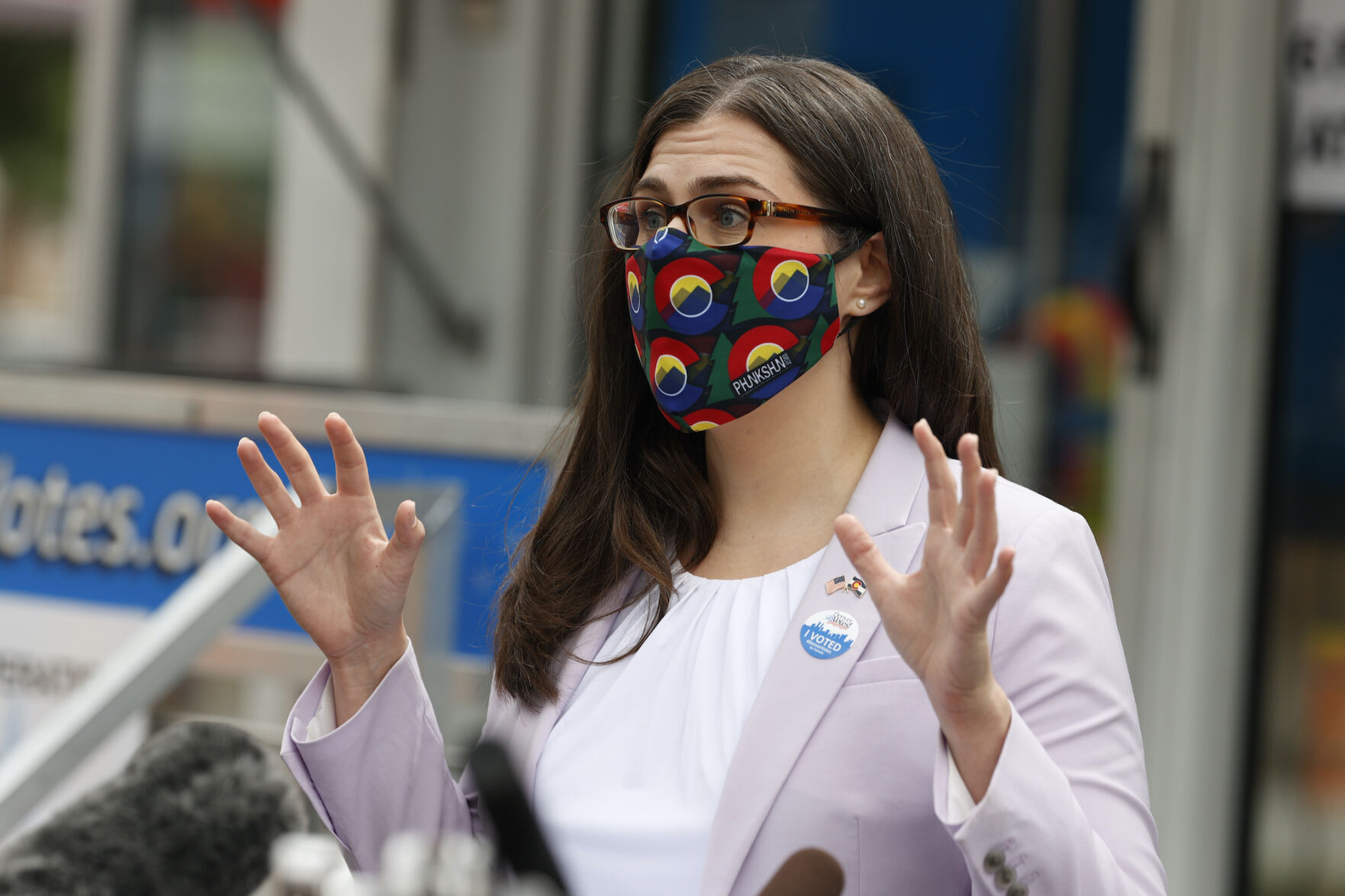
Colorado lawmakers intend to provide Secretary of State Jena Griswold’s office funding in the upcoming fiscal year to hire private security in situations where the state law enforcement is unable to, albeit at a smaller amount than what Colorado’s top election officially requested.
The 2022-23 budget package authorizes Griswold to tap $32,400 from her office’s cash fund and permits her to “coordinate with Colorado State Patrol in securing private security in the instance that CSP is unavailable to provide security requested by the Department of State.”
The money comes on top of the $120,800 that Griswold’s office sought and received in supplemental funding this year.
Gov. Jared Polis signed that supplemental budget request on March 7. That bill didn’t actually include a line item or footnote explaining what the funds would be used for, but the Joint Budget Committee narrative document on supplemental requests explained the funding allows her department to “contract for private security and threat monitoring services in response to an increase in threats towards Department personnel.”
In her official budget request for the upcoming fiscal year, Griswold’s office asked for an ongoing yearly general fund allocation of $184,800 to address election-related security concerns. Her office said it would use the money to work with a vendor to track threats emanating from social media platforms and hire security to accompany Griswold and other staffers in key public events.
According to Rep. Kim Ransom, R-Littleton, a member of the Joint Budget Committee, that’s $10,000 per month just for the monitoring service.
All told, her office sought a $4.6 million increase to its $33 million budget. Lawmakers’ proposed fiscal 2023 budget gives Griswold’s office a little more than $1.4 million over current levels.
As the Secretary of State’s Office’s supplemental budget request for this year was going through the legislature, a spokeswoman said private security services would be used for official public events only and paid for by a cash fund in the office’s budget.
Republican legislators had objected to how the security funding would be paid for, noting the cash funds are furnished by fees paid by businesses for services provided by Griswold’s office.
House Minority Leader Hugh McKean said the request highlights a much bigger issue: how to provide security for constitutional officers.
“It’s sad that we live in a world where we get death threats on a routine basis. We’re left with the question on how to deal with it,” the Loveland Republican said during a House debate on the supplemental measure.
McKean argued that the best approach is to handle such threats in the same way as credible threats to lawmakers: take it to the State Patrol. Then, those complaints can be aggregated into one place, and the state patrol has its “thumb on the pulse” of what is happening within the legislature and with the constitutional officers.
Rep. Janice Rich, R-Grand Junction, questioned how that private security would be used in an election year, saying the lines between Griswold’s official duties and campaign events could become blurred.
The supplemental bill later passed largely along party lines in both the House and Senate.
That matches concerns raised when Griswold was turned down last year by the Colorado Independent Ethics Commission for a similar request.
Last October, the Democratic Association of Secretaries of State – Griswold is the organization’s national chair – went to the state ethics commission seeking permission to pay for private security for Griswold.
The request for private security was tied to online threats, some tied to false allegations that the 2020 election was fraudulent. That included threats of physical harm, some which Denver7 News forwarded to the Colorado State Patrol for investigation. According to discussions during the meeting, the threats did not rise to the level of requiring the Colorado State Patrol to provide additional security for Griswold. The ethics commission ultimately denied the request.
Cole Wist, an ethics commissioner and former Republican state representative, had raised concerns about the security detail, which would have covered Griswold in her official capacity, regardless of the type of event. According to a DASS representative, the security detail could cover campaign events.
“One of the tough issues for me is to understand where the line is between work and the secretary’s official capacity and political work and appearances that are political in nature,” Wist said during the Sept. 22 meeting. “Are we to conclude that all appearances by the secretary would be in her official capacity?”
A DASS representative replied that all appearances, official or political, are in her capacity as a public official.
“There is no distinction. She’s always acting in her official capacity,” the official said.
That was enough for the ethics commission to turn down Griswold’s request, stating it would violate the Amendment 41 gift ban.
